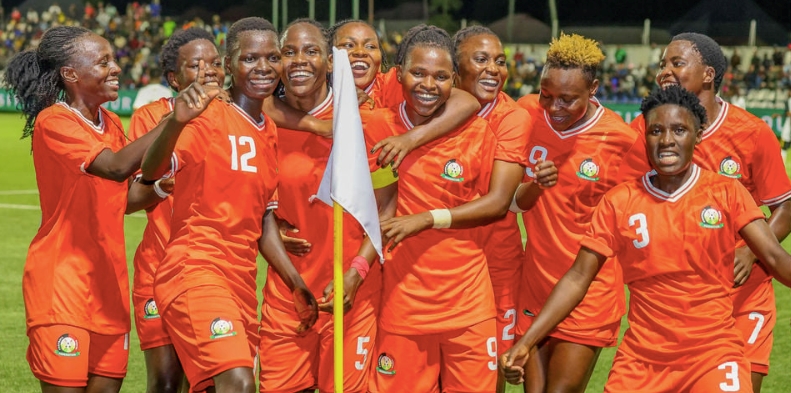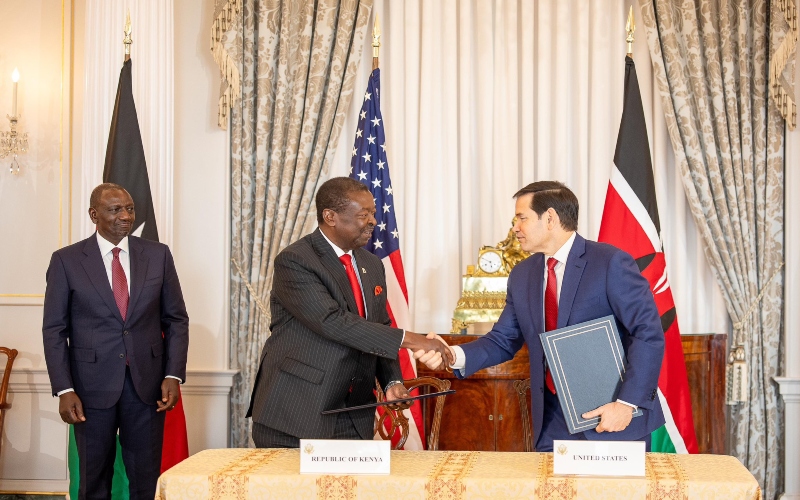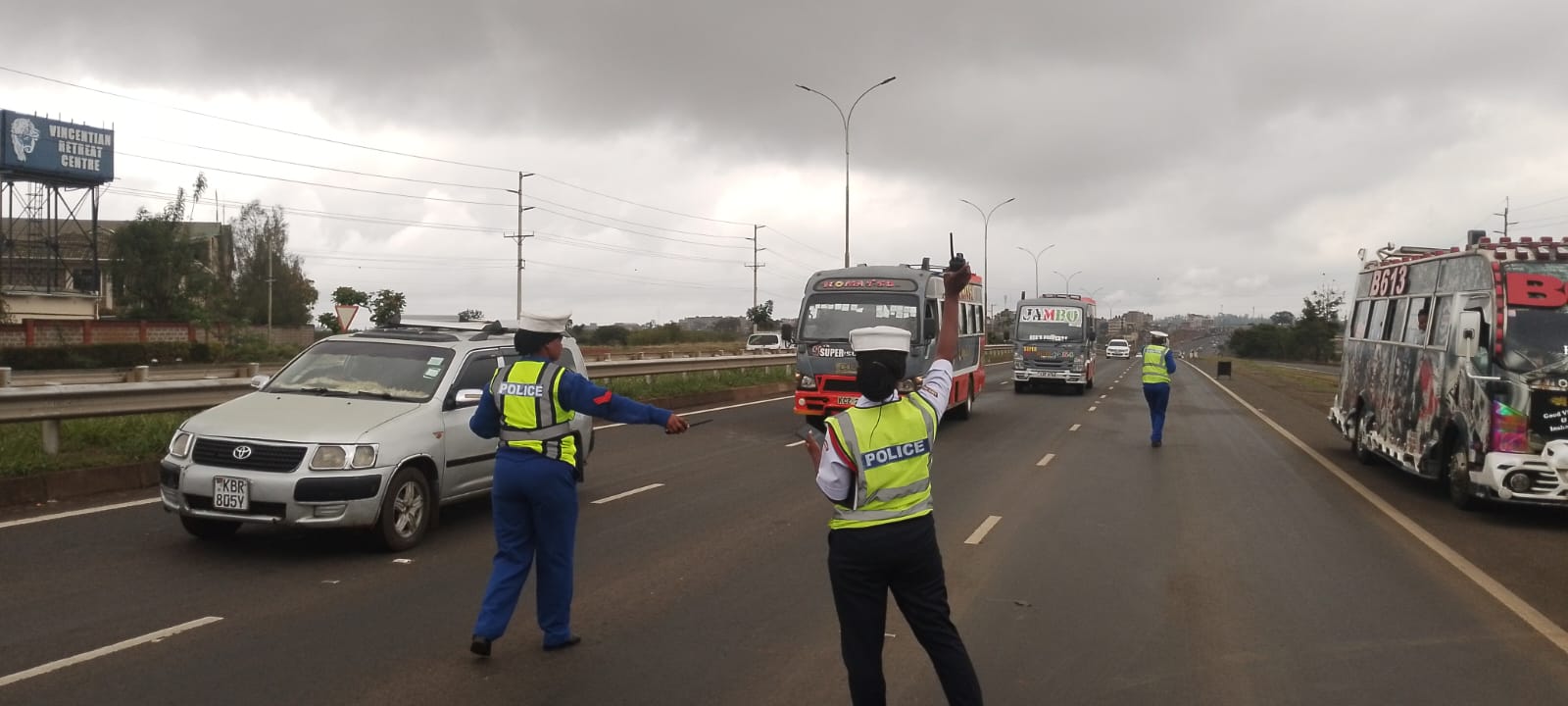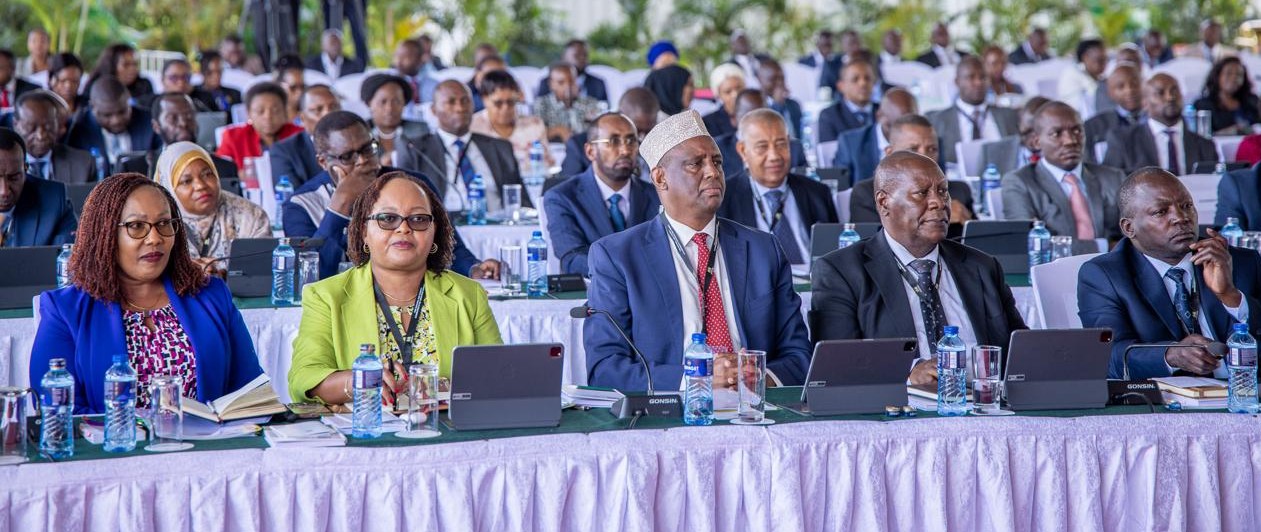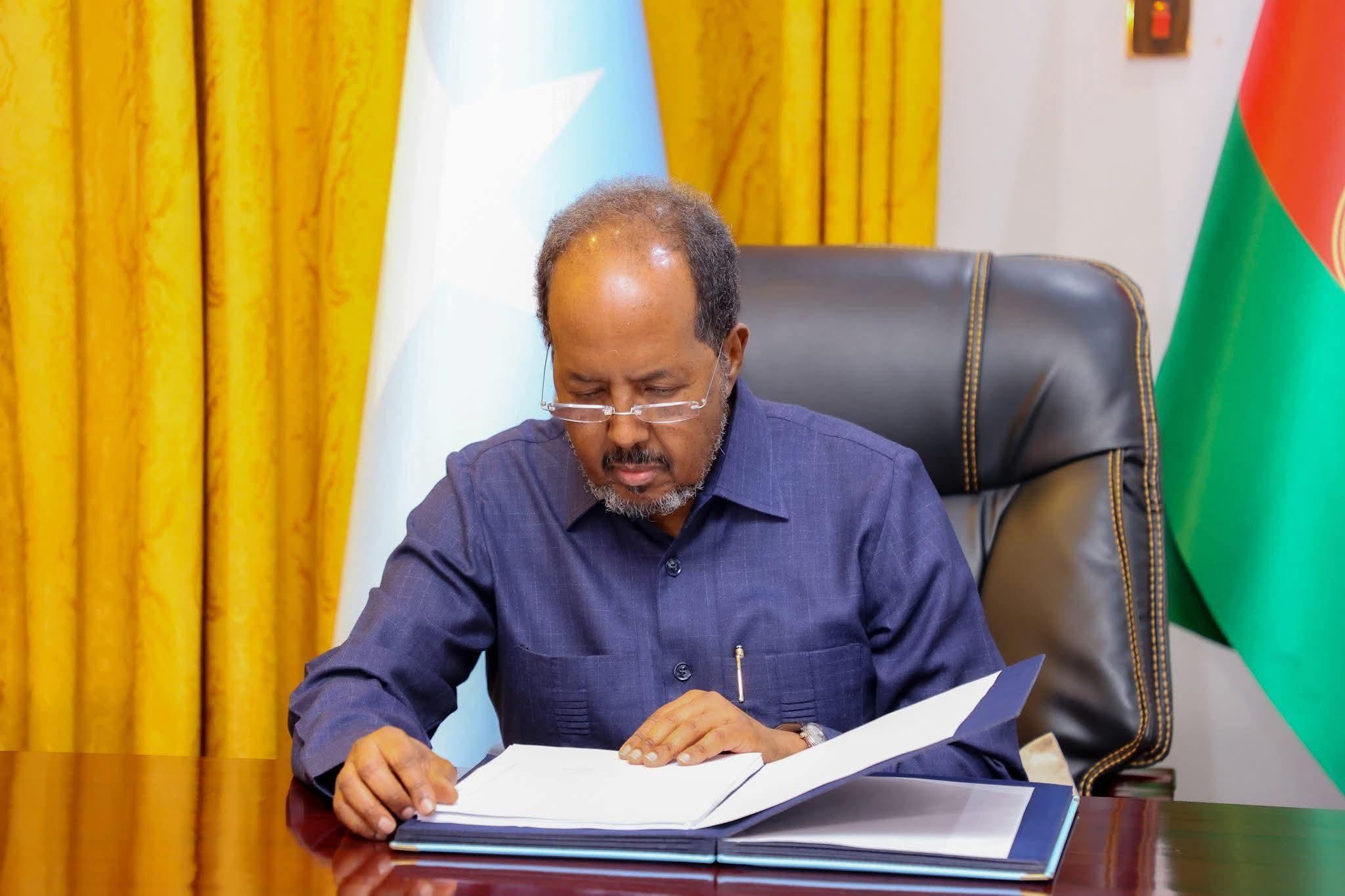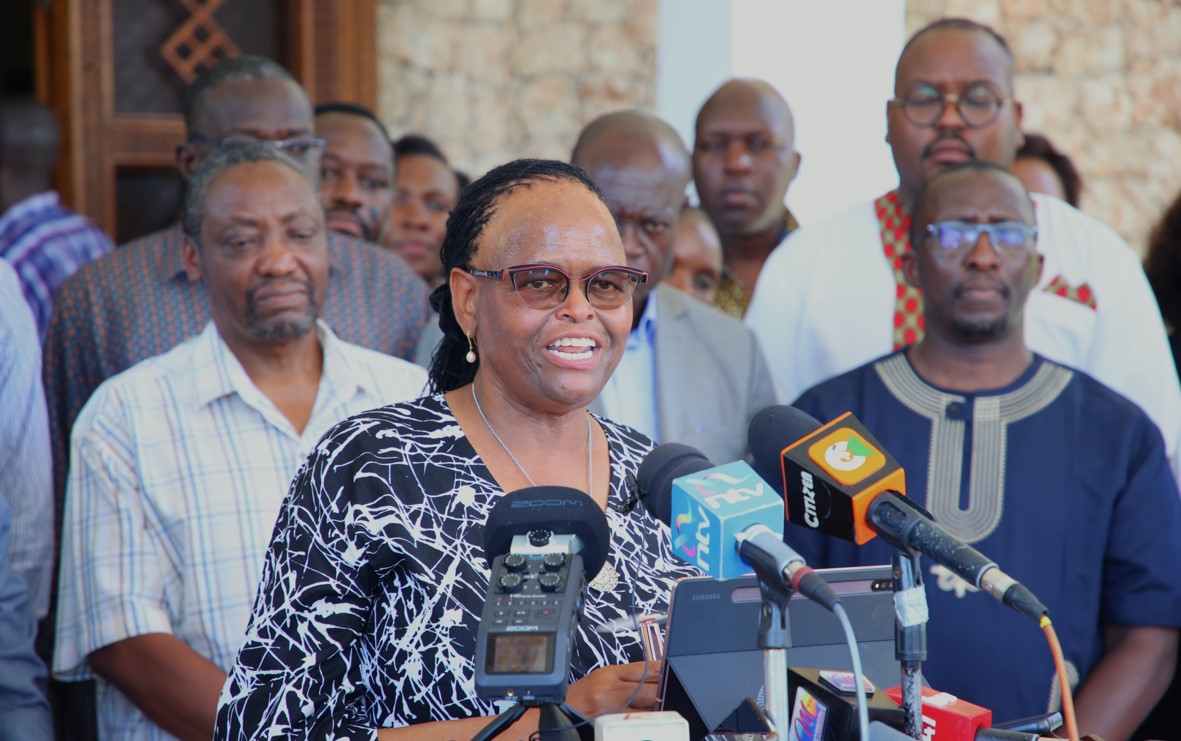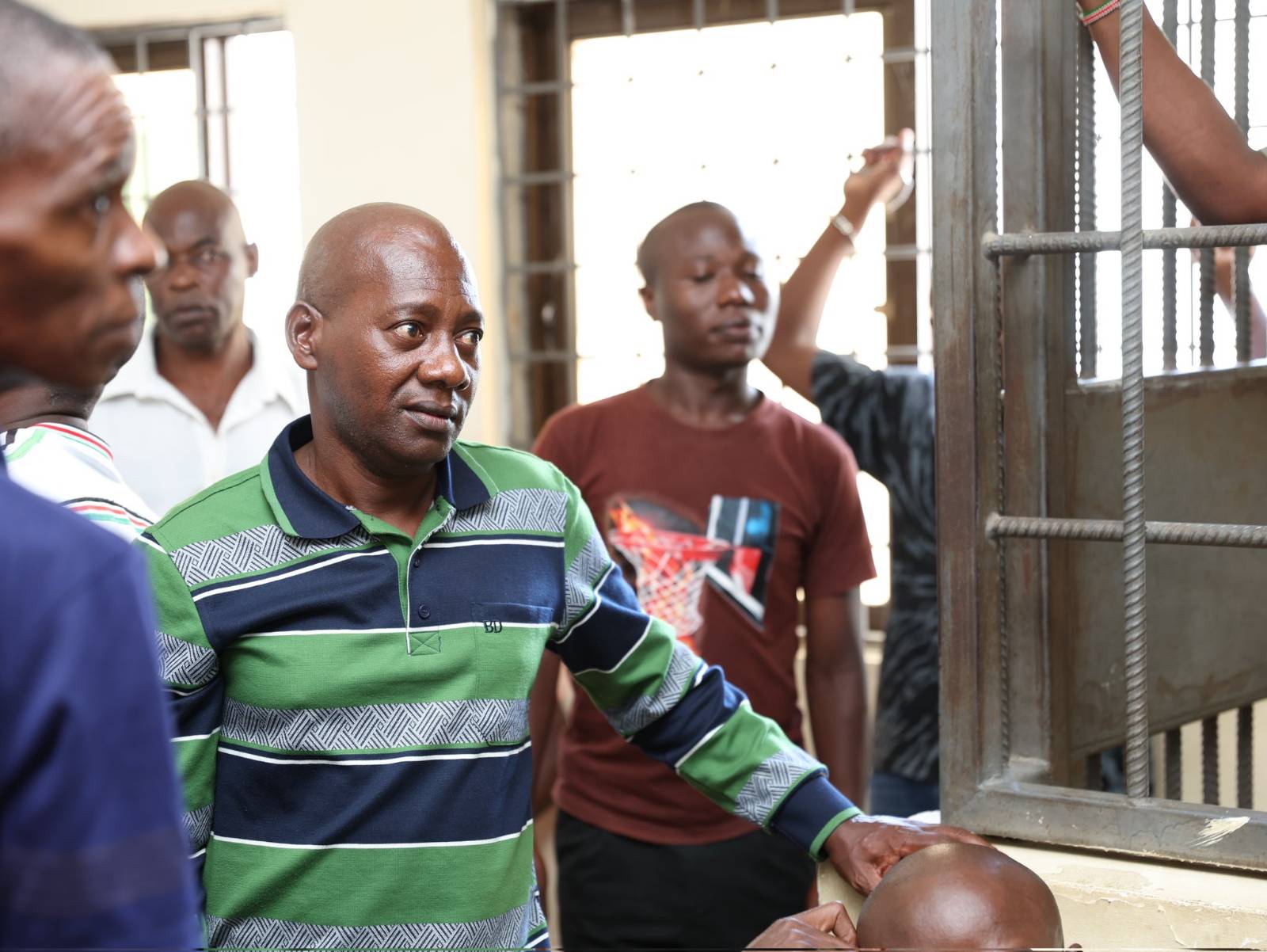Kenya backs IGAD peace plan centring women and youth in conflict mediation
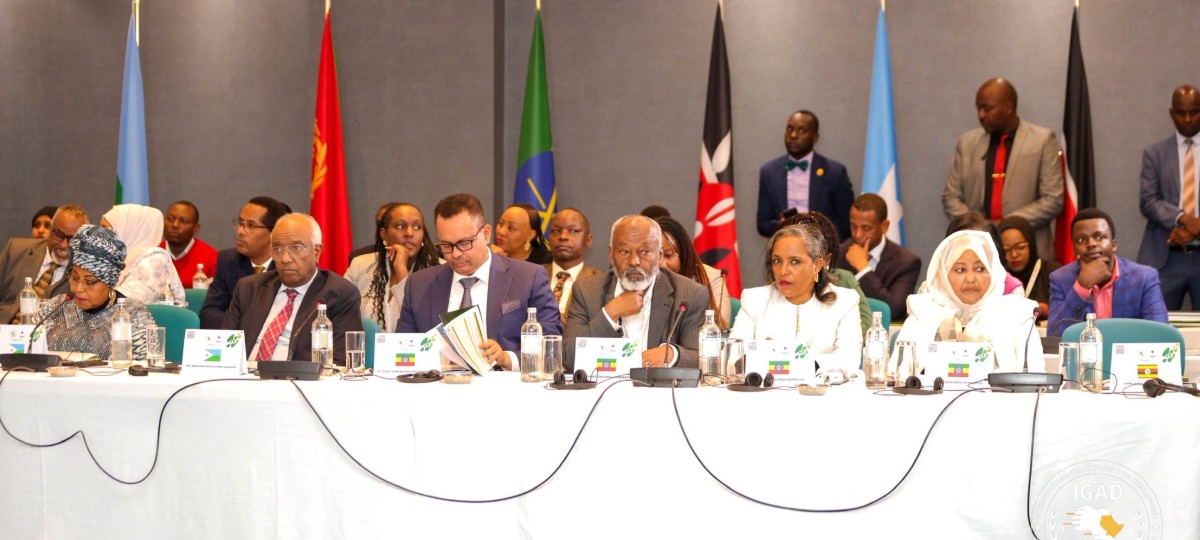
CS Cheptumo noted that although women and youth have historically played informal yet effective roles in reconciliation and dialogue, their inclusion now needs to be institutionalised across the region.
Kenya has proposed the establishment of a regional framework to strengthen gender-inclusive preventive diplomacy across the IGAD region, with a focus on elevating women and youth in Track II mediation and peacebuilding efforts, particularly in conflict-affected areas.
Gender and Culture Cabinet Secretary Hanna Cheptumo said women and youth possess “untapped reservoirs of wisdom” grounded in community trust—resources that should be integrated into formal peacebuilding structures.
More To Read
- Tanzania dispatches envoy to Brussels to avert Sh23.3 billion EU aid freeze
- Done! Dennis Ombachi turns balcony into Kenya’s culinary embassy
- East Africa to simplify cross-border travel and work through IGAD single visa initiative
- Kenya appoints Severine Luyali as new Chief of Protocol
- Kenya eyes Sh34.92 billion overhaul of diplomatic missions by 2028
- Kenya unveils new foreign policy framework to address emerging global trends
Speaking during the IGAD Regional Forum for Eminent Personalities and Leaders for Peace in Nairobi on Thursday, Cheptumo noted that although women and youth have historically played informal yet effective roles in reconciliation and dialogue, their inclusion now needs to be institutionalised across the region.
“Our history is filled with examples where women and young people have stepped in as agents of preventive diplomacy—often through unofficial channels. It is time we honour that wisdom and embed it structurally in how we respond to conflict,” she said.
Gender-inclusive framework
Cheptumo urged IGAD to endorse a gender-inclusive framework that would create a regional pool of trained mediators, including elders and grassroots youth, who would lead Track II diplomacy.
She proposed modular training in negotiation, trauma-informed dialogue, and psychosocial support, rolled out from national capitals to community levels.
“We envision a cross-border mentoring network linking seasoned mediators with emerging practitioners, especially women and youth. These are not symbolic additions—they are strategic assets in our collective effort for peace,” she said.
Citing Kenya’s own experience, Cheptumo highlighted the impact of women-led mediation during the post-election recovery period between 2010 and 2013, as well as the success of civil society-backed programmes that have trained dozens of young peace actors in conflict-prone counties.
“These experiences prove that local actors, particularly women and youth, are not merely victims of conflict but credible architects of reconciliation. Their lived experiences and community trust are indispensable to preventive diplomacy,” she said.
Cheptumo also raised alarm over the rising cases of femicide in Kenya, noting that 5,578 women and girls were reported killed in 2024 alone.
“Each life lost is a failure of preventive diplomacy at the domestic level,” she said.
Foreign Affairs Principal Secretary Korir Sing’Oei reaffirmed Kenya’s support for IGAD’s peacebuilding agenda and called on the forum to reframe peace from a justice-centred perspective.
“Peace is not merely the absence of conflict; it must be just, inclusive, and anchored in addressing the root causes of conflict, such as marginalisation, inequality, and exclusion,” Sing’Oei said.
Break political deadlocks
He emphasised the unique role of Eminent Personalities in breaking political deadlocks, noting that their moral authority and trustworthiness make them effective intermediaries when official diplomacy falls short.
“They are not just symbolic. Their impartiality, legitimacy, and deep networks enable them to inspire consensus, build confidence, and guide dialogue in the most polarised contexts,” he said.
Sing’Oei called on IGAD to formalise the structure and deployment of the Council of Eminent Personalities to ensure its work complements national and continental peace efforts. He also stressed the need for intergenerational and inclusive dialogue.
“We must ensure that women, youth, and other underrepresented groups are fully included in our peace processes. We cannot hope for durable peace when large segments of society remain excluded,” he said.
“IGAD’s vision of regional integration and sustainable development cannot materialise amid insecurity. That is why peace must be the foundation for all our shared aspirations.”
'Double danger'
IGAD Executive Secretary Workneh Gebeyehu echoed Kenya’s call for inclusivity and urgency, warning that the region faces a “double danger” of leadership fatigue and a convergence of crises, including terrorism, political instability, famine, and displacement.
“Our region is besieged on all fronts. If ever there was a time to activate our collective wisdom and moral authority, it is now,” he said.
Gebeyehu praised the 2023 formation of the IGAD Council of Eminent Personalities as a vital step in proactive peacebuilding. He called for the Council to be formally integrated into IGAD’s institutional framework and granted full diplomatic status for its missions.
“Your informal authority often surpasses formal power. The trust you carry—the ability to enter spaces no official can—is the key to unlocking dialogue where others fail,” he told members of the Council.
“We are the keepers of peace, the guardians of hope, and the architects of tomorrow’s dawn. The hour may be late, but it is not too late. Together, we shall build the peace we seek.”
As IGAD approaches its 40th anniversary in 2026, the Forum underscored the shift toward inclusive, culturally rooted, and locally led peacebuilding. Kenya reaffirmed its full legal, institutional, and financial support for IGAD’s Council of Eminent Personalities.
“This is not about quotas. It is about unlocking the full power of our collective wisdom, so that peace becomes not just possible, but sustainable,” Cheptumo said.
Top Stories Today





